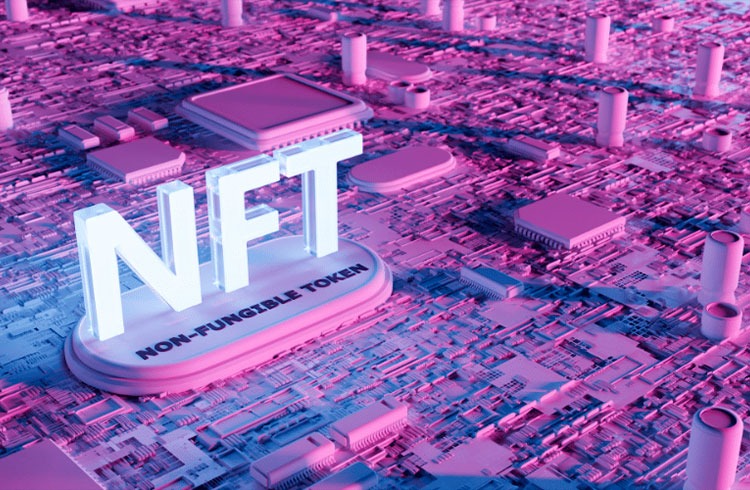
Today’s goverment of China is known for its efforts to maintain control of its people. One of the most ambitious ways to achieve this is the social credit system.
The government basically classifies the population on the basis of their social behavior and public records and allocates to them social scores, or credits, that determine their ability to gain access to loans and other financial benefits.
China’s social credit system is becoming even less liberal
This system has been implemented in stages since 2009. However, it is expected that a new update will be launched this year and that, according to a recent report from XinhuaNet, checks will be even stricter.
As XinhuaNet said at the time, the updated credit system will take into account factors such as “false” divorces, failure to pay bank loans, getting multiple loans from multiple banks at a time, and much more when assigning scores.
However, one of the most important innovations is the enforcement of sanctions for civil decisions. Primitive Ventures founder Dovey Wan explained in a recent tweet that the government did not clearly define the definition of civil decisions, thus creating a loophole that will allow the administration to restrict people’s access to credit as they wish.
This is the last step of the GOC (goverment of China) to use its power to increase surveillance and censorship. Last October, the Ministry of Industry and Information Technology (MIIT) announced that it had successfully deployed artificial intelligence in its efforts to track all Internet users in the country.
AI will compare users’ faces to the government database, helping them to ensure that there is no harmful online activity. All online transactions will have to go through face recognition.
The Government argues in its defense that it has reasons to enforce these measures. From racial profiling and human rights violations to potential threat control and Internet security.
Credit and monitoring transaction management
However, the level of control the government creates is alarming, and therefore the need for bitcoins comes. The Chinese economy is strong, so there is no need to use cryptocurrency to preserve value. Conversely, the ability of a digital asset to function as a means of exchange can now be utilized more than ever.
By controlling access to credit and tracking online transactions, the Chinese government has gained control over an important part of everyday life – money. Bitcoin can give Chinese consumers a way to reduce their dependence on fiat and get rid of direct government control. Bitcoin offers a level of anonymity that China cannot get through, despite its best efforts.
Summary
Cryptocurrencies offer cheaper transactions while providing the same level of security as traditional transfers. In a world in which the government controls most of the online space in the country, crypto currency could help citizens retain their freedom.
- Russia to Slap a 15% Tax on Crypto Gains – The Bear Wants Its Share - November 20, 2024
- 70% of Airdrop Tokens Are Profitless—Here’s Why Your Freebies Might Be Worthless - November 19, 2024
- The Most Important Cryptocurrency News of November 14, 2024 - November 15, 2024























